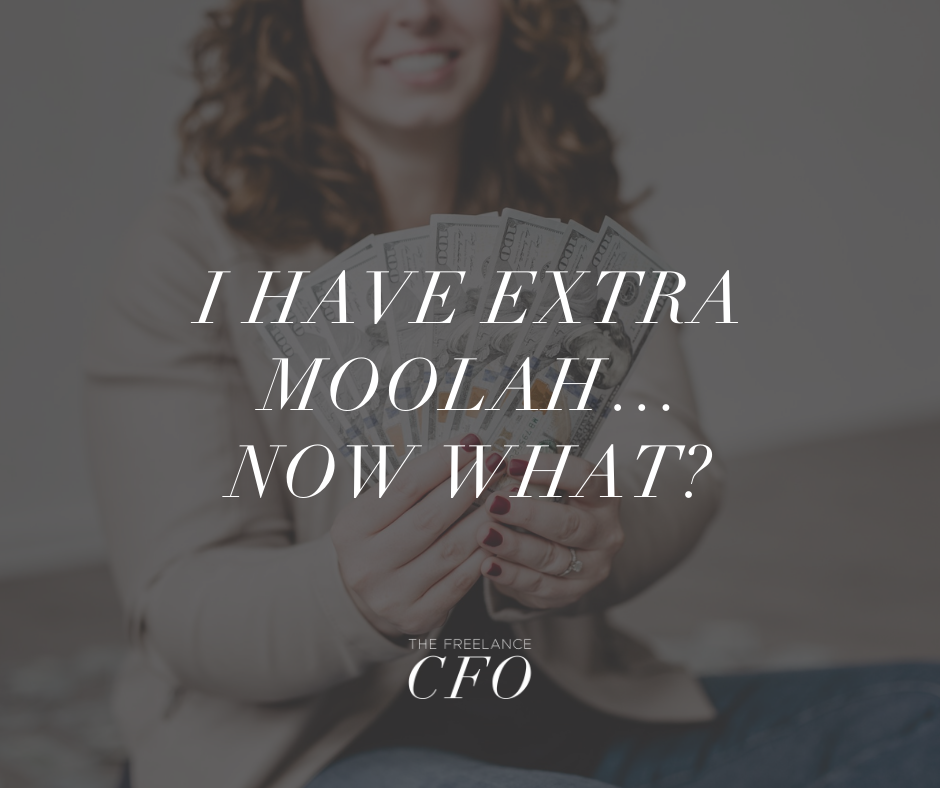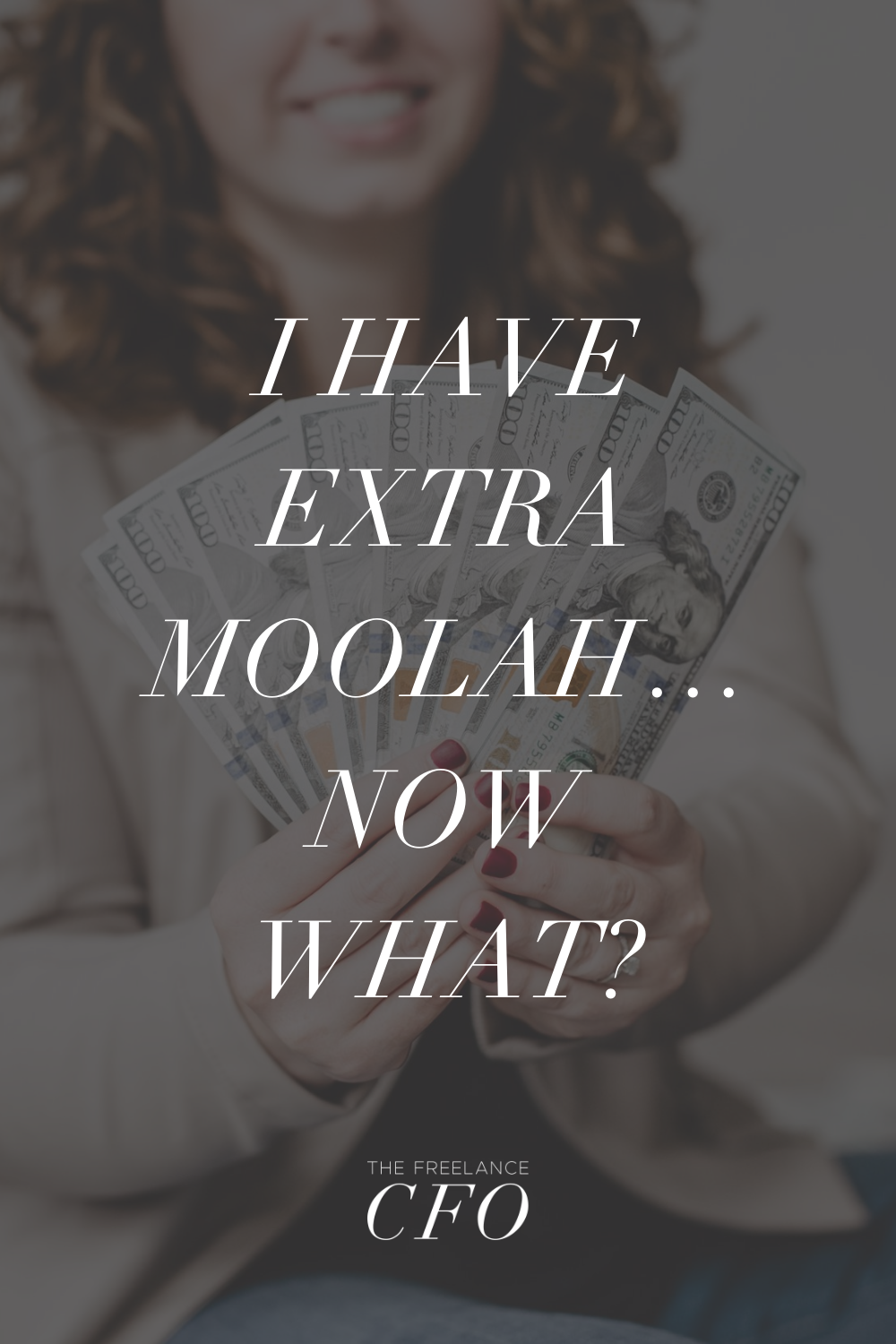I Have Extra Moolah… Now What?
You’ve been making money moves, okay? The baseline has been established and met, you’ve paid all of your bills and now you have extra cash, ready to be spent. Real hot girl shit. So. Why are you still afraid to buy that latte?
Now, let’s be clear here, this is not a bad problem to have. In a time when cost-of-living prices are skyrocketing and over 60% of millennials making $100,000 are still somehow living paycheck-to-paycheck, having discretionary income is not only unusual, but a true testament to how hard you’ve been working on trusting your intuition, spending time with your intentions, and taking control over your financial freedom. Like, you’ve been crushing the adult thing. You deserve to treat yourself.
So, what’s holding you back?
This is what we call a scarcity mindset - there’s extra cash in hand, but you’re afraid to spend it. Maybe you’re worried that, once spent, this money will never replenish itself. Maybe you’re worried about another lockdown furloughing you from your job. Or maybe you’re just not used to spending money on yourself. Whatever the reasoning, that extra $100 or $1,000 or $10,000 is there, in your bank account. And you have to do something with it, right?
Before just throwing it into your savings account to be forgotten (which - no, please), here are just a few things you should consider:
Figure out what you owe the government, and make sure you can pay it. Uncle Sam waits for no one. When Tax Day comes every year, you absolutely have to pay up (even if you reaaaaally don’t want to). Tax Day can cause a lot of anxiety and stress, but those feelings can be managed with careful tax planning and preparation.
Give your Emergency Fund some love. Your emergency fund should be one of your top financial priorities. Why? Well, if COVID-19 has taught us one thing, it’s that you should always expect the unexpected. An emergency fund should typically have at least 3-6 months worth of routine expenses that can be used if - or when - an emergency (like a global pandemic) occurs.
Continue tracking and anticipating your expenses. Routine expenses - mortgage payments, electricity, internet, food, etc… - are part of the package here. But what about any other expenditures you may be incurring within the next few months? Maybe your old laptop has been making suspicious, demonic noises. Maybe the tires on your car are overdue for a change. Or, perhaps that winter coat of yours just isn’t keeping the chill out like it used to. These are just a few non-routine expenses you should think about when planning your upcoming year.
Take a second look at your retirement and life insurance. Depending on your plans, (i.e. whether or not they are employer-sponsored), you may be able to contribute to your retirement funds and/or life insurance accounts. For example, IRAs and 401(k)s have a maximum contribution amount per year. If you haven’t reached that maximum amount, go ahead and hit it with your extra cash. Your future self will absolutely thank you.
Pay down some debt. No, Dave Ramsey, not all debt is bad. In fact, debt is a natural part of the financial journey, and is nothing that anyone should be ashamed of. Really, you just gotta focus on debt management. If you’re able to pay down some of your debt - especially secured debt, or debt with interest rates that are a bit too high for comfort - this could be an excellent opportunity to get a jump on what could turn into a real pain in the ass down the line.
But… what about my latte?
Here’s the thing. One oat milk latte isn’t going to destroy your financial future. One pair of movie tickets isn’t going to prevent you from ever owning real estate. One (or two, or three, or four) novels from the local bookstore isn’t going to cause you to default on your student loans. But, we get it. Nothing can make you feel more “out of control,” than getting to the end of the year and owing money, when you thought you were set.
What’s so truly damaging about a scarcity mindset is a person’s relationship with money. This may have been instilled in you from a very young age, and for good reason. But, we want you to ask yourself: “Does a scarcity mindset provide me with the opportunity and abundance I envision for my life?”
(Ahem. The answer should be “no.”)
This might just be the beginning of your journey towards creating sustainable money habits. We want you to be aligned with the purchases that you’re making. We want you to get excited about your financial choices. And we want you to feel empowered, and know that all of this hard work you’ve put in is working for your highest good and moving you forward - towards your purpose, towards your goals and settling you into the life - and future - you deserve.
If you’re ready to take your wealth management by the balls, we offer a variety of financial services, including bookkeeping and accounting set-up. And if you want to keep absorbing all of this dope knowledge, check out our podcast, “Confident Money.” New episodes launch every Monday on your favorite podcast streaming platform!
Disclaimer: The information provided in this blog is for educational purposes only and does not constitute financial or tax advice. Reach out to The Freelance CFO team with any questions regarding specific financial concerns, or seek the services of a fiduciary.



